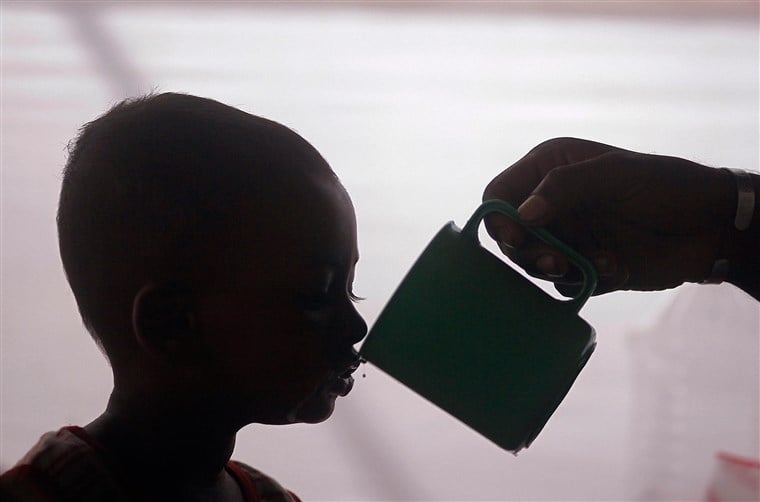
This was disclosed as the results of the National Nutrition Survey (NNS) 2018 were formally announced at the provincial level in Peshawar on Tuesday.
The survey assesses the nutrition status of 17,305 households across Khyber-Pakhtunkhwa (K-P) and newly-merged districts (NMD). Children under-five-years-of-age, adolescent girls and women of child-bearing age are the primary focus for the data collection on indicators related to nutrition, access to water and its quality, hygiene and sanitation, food security and disability among children.
The survey had been led by the Ministry of National Health Services, Regulations and Coordination (MoNHSR&C) and was implemented by the Agha Khan University, funded by the United Kingdom (UK) with technical support from the UNICEF.
Over 50% families can’t have two meals a day
Apart from stunting, the survey showed that two out of every 10 children in Khyber-Pakhtunkhwa (K-P) suffer from wasting — low weight for height because of acute significant food shortage and, or disease.
The situation was a little worse in the erstwhile federally administered tribal areas (Fata) where three out of every 10 children are affected by wasting.
The survey further revealed that over 20% of children under-five-years-of-age are underweight and over 10% are overweight.
The NNS points out that in both K-P and NMDs, adolescent girls bear a twice the burden of malnutrition than boys with over 30% of adolescent girls in K-P and more than half of them in NMD anaemic.
While launching the survey, K-P Health Secretary Dr Syed Farooq Jamil said that they understand that access to adequate nutrition is a fundamental human right and a pre-condition for overall human health, wellbeing and national development.
Noting that improvement of the health sector was a top priority for the incumbent government, he said that they consider addressing problems of malnutrition holistically an issue of paramount importance.
He emphasised that they must work together to implement effective interventions which can best address the nutritional rights of the most vulnerable.
United Nations Children's Fund (UNICEF) Deputy Representative Dr Tajudeen Oyewale conceded that their actions to arrest troubling trends in malnutrition will have to be bolder. In this regard, he said that they will have to be stronger not only in scale but also in terms of multi-sectoral collaboration, involving health, agriculture, food, education, social protection, water and sanitation, and other relevant sectors.
The UNICEF, Dr Oyewale said, will continue to support the provincial as well as the federal government in its efforts to curb malnutrition.
K-P Planning and Development special secretary said that improved nutrition has significant economic and social benefits as it reduces morbidity and mortality while improving the quality of life. He further revealed that women and children in the province have levels of nutrition that are far below acceptable — an alarming situation which requires urgent attention.
Earlier, the survey findings were shared by Agha Khan University Centre of Excellence in Women and Child Health Founding Director Professor Dr Zulfiqar Bhutta.
Published in The Express Tribune, July 24th, 2019.











COMMENTS
Comments are moderated and generally will be posted if they are on-topic and not abusive.
For more information, please see our Comments FAQ